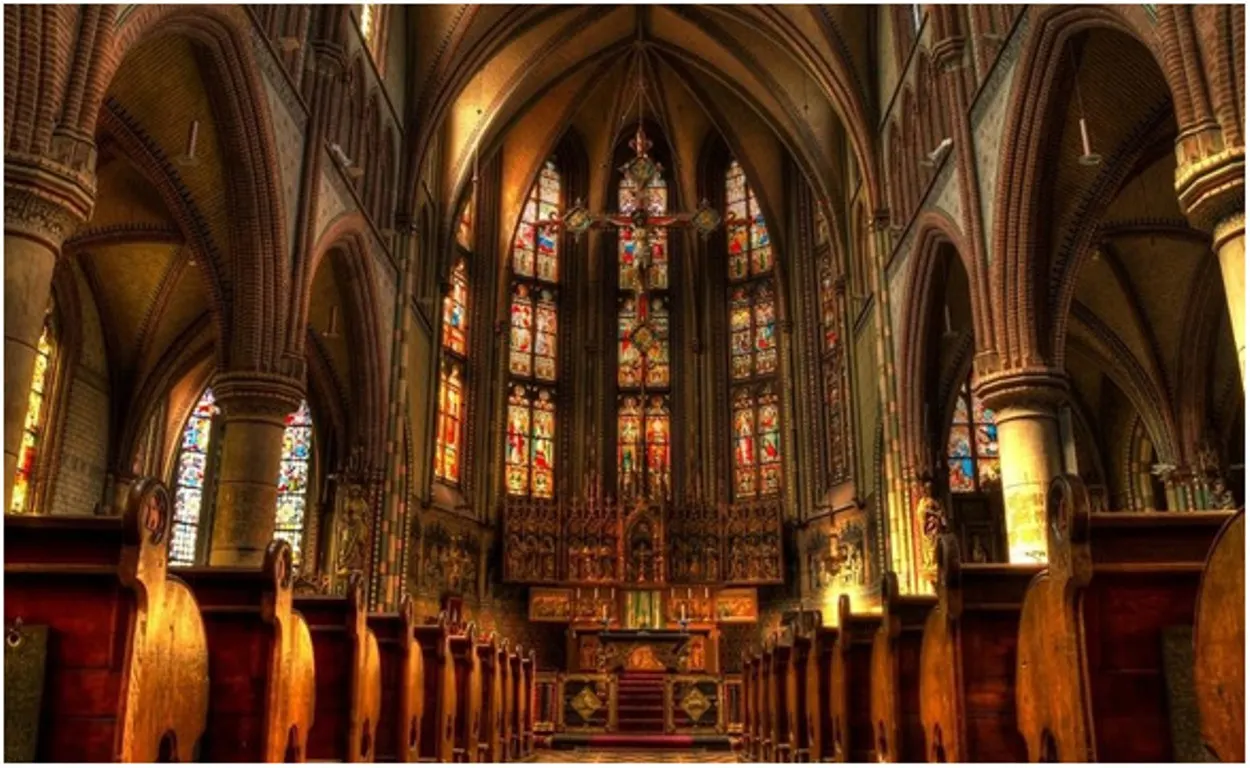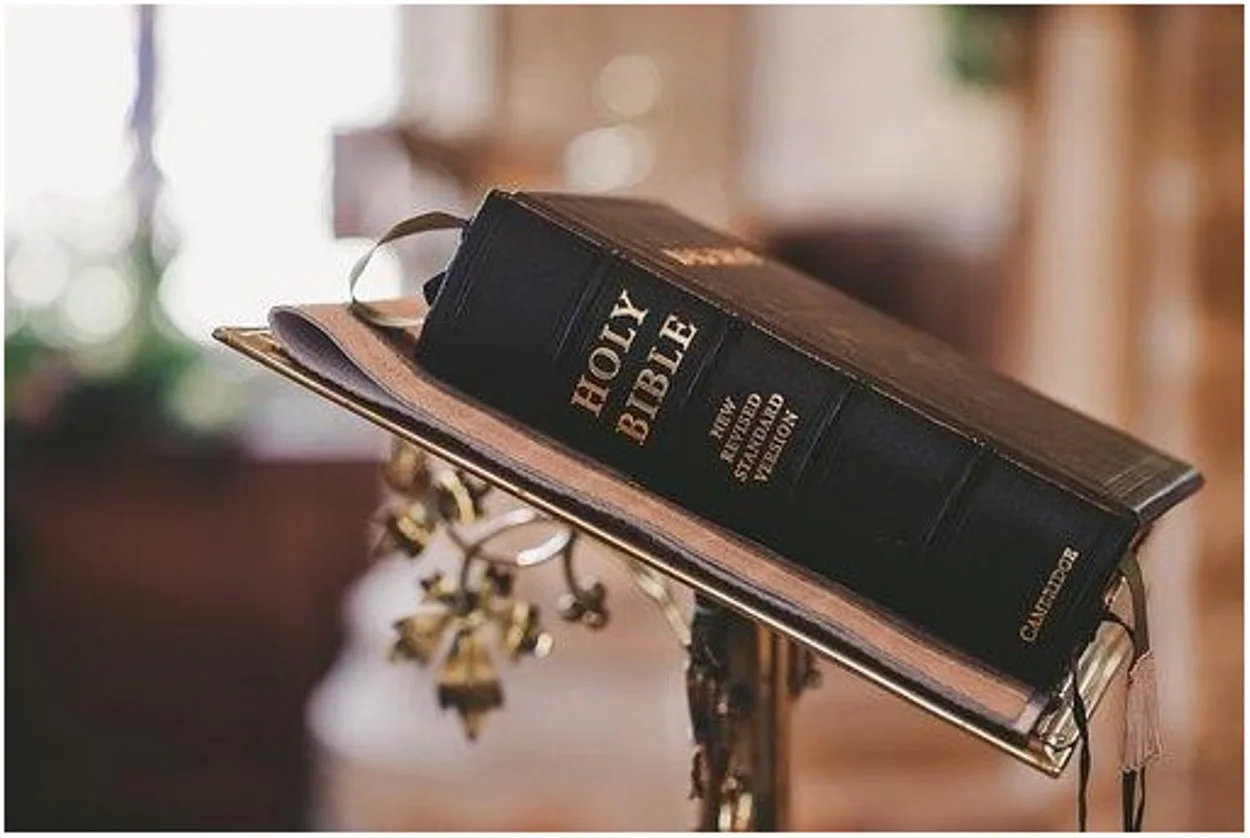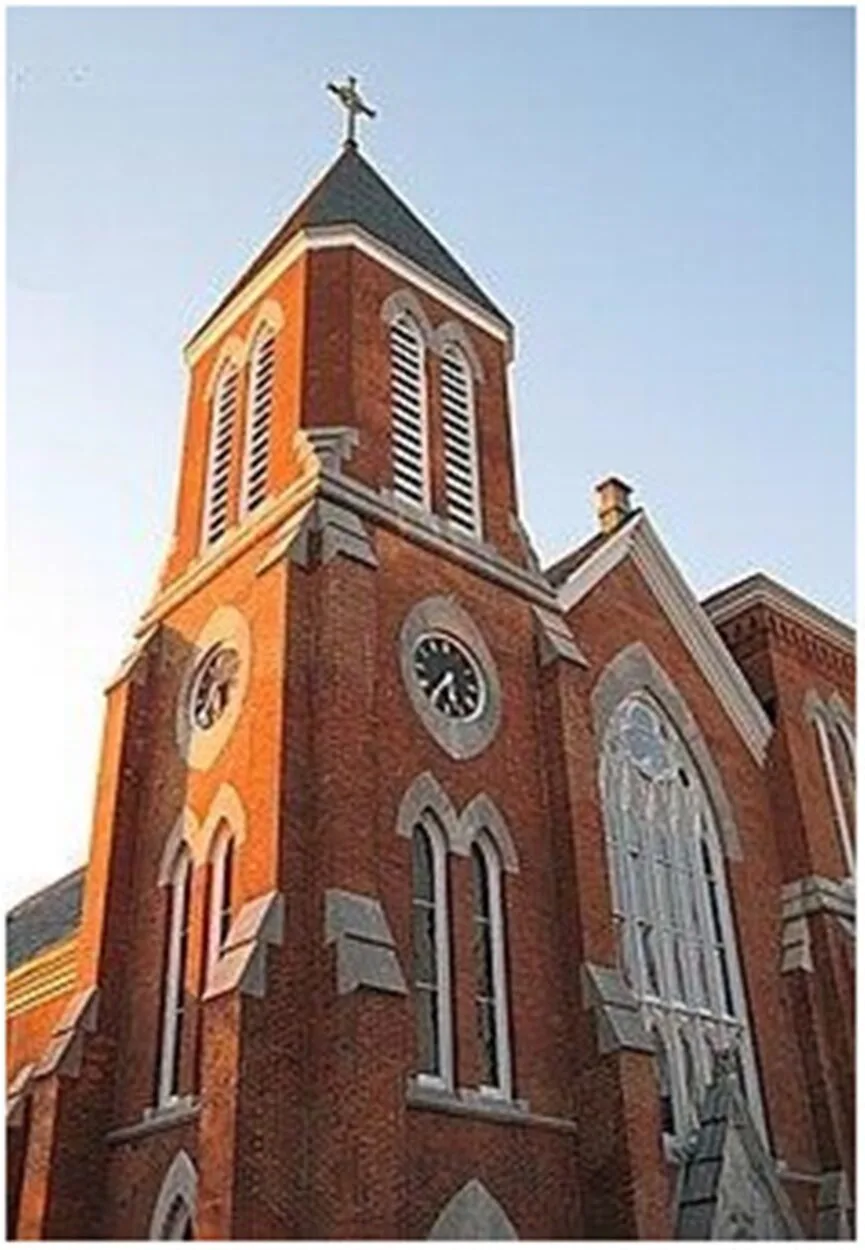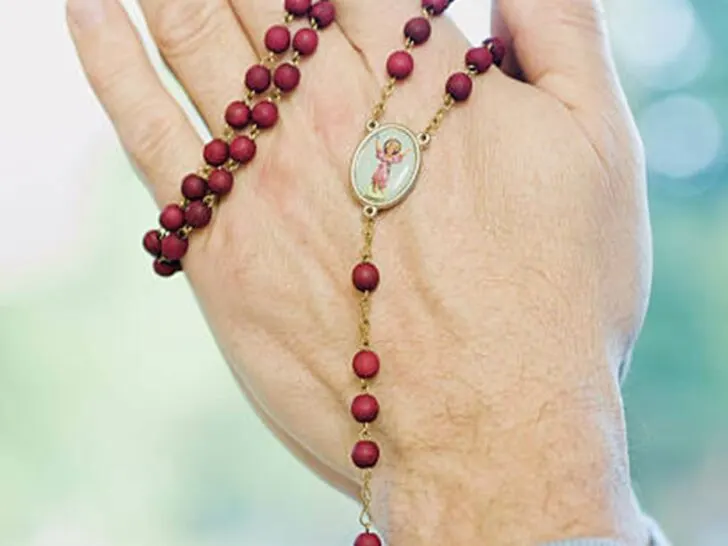Religion has many meanings, beliefs, ways of living, and practices. But every person has different views about religion. It is the root of society, which allows choosing what they would like to believe in and gives them a unique sense of identity.
Sometimes, religion isn’t chosen because people are born into it. According to scholars, it should be obvious that the word religion is difficult to define because every religion defines it from a different perspective.
Religion involves different cultural beliefs, exposures, morals, world views, social views, and divination or has its spiritual meaning to followers of a particular faith.
It can incorporate various practices, including sermons, sacraments, prayers, contemplation, sacred space, symbol (idol), trance, and feasts. There are different understandings of faith; not all religions believe in a god or supernatural forces.
Presbyterianism is a reformed branch of Protestantism, which is what sets it apart from Catholicism. While Catholicism is associated with the Roman Catholic Church, Catholicism is a Christian methodology.
Read this blog post to learn more about their differences.
Religion
There is no specific definition of Religion. The term religion is driven by two Latin words, “re”, which means again, and “lig”, which means join or connect.
According to scholars:
Religion is a belief in supernatural beings.
– Edward B. Taylor
It is a system of symbols that establish powerful, pervasive, and long-lasting moods and motivations in men by formulating conceptions of a general order of existence and clothing these conceptions with such an aura of facility that the moods and motivations seem uniquely realistic.
– Clifford Geertz
Characteristics Of Religion
The best way to describe religion is to articulate its key elements or characters.
These are the following:
Belief
When we say belief system, we are specifically referring to a worldview of a particular group of people. Hence, a belief system mentions a complete and systematic interpretation of the world (or universe) and the human person’s place and role.
Religion is the collection of a cultural system that relates to humanity, spirituality, and moral values.
Community
The second most important element is community.
Religion always involves a group of people who show the same belief system and practice the ideals.
Ritual
As we can see, religions have enacted beliefs made real through ceremonies. For example, Roman Catholics always start their prayers with a sign of the cross.
Ethics
The major branch of philosophy deals with the morality (that is, the rightness or wrongness) of a human act.
In religion, ethics has to be established. There should be rules of human behavior that govern the action of the community of believers.
The Centrality Of Stories
Every religion has its own stories, for example, the major events in the Hindu Krishna’s life, the Buddha’s enlightenment story, the departure of the Israelites from oppression in Egypt, and the death and resurrection of Jesus.
Religions have stories about how a certain reality came to be. The genesis story of creation is a narrative or a story that tries to tell how God created humans and the world.
Emotional Experience
Emotional experiences like dread, guilt, conversion, mystery, devotion, ecstasy, liberation, bliss, and inner peace always characterize religion. The emotional experience is always in connection with a soul joined to God.
Sacredness
Religion is connected with the deepest level of reality. Most religion core or origin of everything is always observed as sacred or mysterious.
The elements of sacredness contrary to the ordinary always characterize religion. It is the most important element of religion.
The Major Religion Of The World

The five great and old religions in the world are:
- Buddhism
- Christianity
- Islam
- Hinduism
- Judaism
1. Judaism
Judaism, or the Jewish, is the oldest of the world’s five major religions. Menorah is a particular mark of the Jewish religion. So, is the star of David.
A Jewish Church leader is called a Rabbi, and their Church is called a Synagogue.
2. Islam
The people who follow Islam are called Muslims. They are mostly located in the Middle East, such as Iran, Iraq, Saudi Arabia, and Pakistan.
A Muslim temple is called Mosque (masjid) and a priest is known as Imam. Like Christians, Muslims are divided into two groups: Sunni and Shia.
3. Hinduism
Hindus believe in a single God who assumes various forms. They believe in reincarnation.
Life is too circular. There is no record of a single founder or main leader in their history.
4. Buddhism
The most different of the major religions is Buddhism. It is more of a lifestyle that focuses on ending earthly desire, thus ending suffering.
Buddhists don’t worship a single God. They believe that when we end desire, we are at peace with ourselves and nature.
5. Christianity
The two main segments of Christianity are Catholics and Protestants; Catholics are found primarily in Europe, North America, and South America. The big difference between Catholics and Protestants is how they interpret the Bible.
Today, many Protestants exist in the United States. Some Protestant religions are Lutherans, Methodists, Baptists, Pentecostals, Mormons, Presbyterians, and Episcopal.
Like Catholics, Protestants use the old and new Testaments of the Bible as their scripture. All Christians share a common belief in Jesus Christ; they believe that He is the son of God and came to earth to save humanity.

Now back to the topic, I want to explain the difference between Catholicism and Presbyterianism. But first, I want to define Catholicism and Presbyterianism. As I mention above, they both belong to Christianity.
Catholicism
The Catholics are the first and foremost Christians. They follow Jesus Christ and fully accept his claim that he is God’s son and humanity’
The Roman Catholic Church is the world’s largest religious denomination, with around 1.2 billion believers worldwide.
From its spiritual center in Vatican City, the world’s smallest independent country and the only country surrounded by Rome, the leader of the Catholic Church, Pope Francis1, guides the spiritual lives of entire nations.
The word catholic means universal; and from the days following the Church’s founding, it has pressed to be the universal faith of humanity. It has often caused conflict with other religions that wish to be the universal faith, both within and outside the Christian tradition.
Catholicism History
According to the Catholic tradition, the Catholic Church was founded by Jesus Christ. The purpose of making the Church is to maintain disciples of Jesus. The Catholic belief is that the Holy Bible is the enthused word of God written by authors.
According to them, the Bible is the way to unlock all faith teaching. It is the foundation of the Catholic Church and continues to encourage the regular lives of its followers.
Catholic Believes
The Catholics believe that there is only one God, and he has three aspects known as the Trinity.
In addition to beliefs held by most Christians about the divinity of Christ, the importance of charity, and the omnipotence of God, Catholics have specific beliefs that set them apart from other Christians.
The Catholic Church has a strict hierarchy or ranking according to authority from community priests to bishops and archbishops to Pope himself.
Catholics also hold the virgin Marry, the Biblical figure who gives birth to Jesus (son of God). Catholics also believe in transubstantiation.
Sacraments
The Catholic faith has seven sacraments or rituals. These signs of grace were instituted by Christ and commended to the Church through which Devine life is given.
These most important sacraments are Baptism, Confirmation, Eucharist, Reconciliation, Anointing of the sick, Matrimony, and Holy Orders.
These sacraments can be categorized by their role in Catholic’s spiritual lives; for an instance, Baptism, Confirmation, and Eucharist are considered rites of initiation into the Church. Reconciliation and the Anointing are considered rites of spiritual therapy. Finally, Matrimony and Holy Orders are the rites of service to God.
Presbyterianism
Presbyterianism is a group of Protestants whose Church is founded on the democratic rule under the world of God; the denomination is a form of Christianity democratically organized to embrace the faith common to all Christians.
In the new testaments, ‘Presbyters’ means elder and refers to the democratic custom of choosing leaders and advisors from among the wisest member of the Church. Presbyterianism was started in Scotland by John Knox in the 16th century, but it became powerful in England during the world war.
Presbyterians believe that the Bible is significant in their Church because it was given to humans by God, and there are no errors in this book.
They also believe that God sees and controls everything and has chosen to make some people follow Jesus Christ but not others, and only the followers of Jesus are going to heaven.

Presbyterianism Churches
It is a representative democracy governed by elders elected from and by the congregation; its authority resides with the duly elected representative of the congregation in the appointed Church governing bodies.
The local Church was governing body. Local sessions oversee the day-to-day work of the Church and supervisors.
Presbyterianism Believes
Their spirituality typically emphasizes:
- God – the creator of the universe
- Christ
- The Holy Spirit is God’s presence in the world and the believers
- The Church
- Forgiveness of sins
- Life everlasting showed by the resurrection of Jesus
- The Bible
Presbyterianism Church History
The Presbyterian religion was formed on 10 June 1983. The first church of Presbyterian originated from John Clavin, a 16th-century French theologian and minister. They are idiosyncratic in two major ways.
Firstly, they follow the pattern of religion and reformed theology, forming a government that stresses the active; and secondly, representative leadership of both ministers and church members.
Difference Between Catholicism And Presbyterianism
| Characteristics | Presbyterianism | Catholicism |
| Meaning | It is the Reformed tradition of protectionism; Presbyterians believe that grace is necessary through faith in God. | This tradition started with Jesus Christ, a group of baptized Christians. Catholics also believe that Jesus is the reason for people’s existence. |
| Methodology | Highlights the Sovereignty of God and faith only in God. | They teach how faithful they are in eternal life but also tell them how to save their souls. |
| Started | John Calvin started it in the 16th century from Scotland. | It was started 2000 years ago by Jesus Christ and the Roman empire. |
| Beliefs | They believe in the priority of Scriptures and faith in God. They think of God’s relation with humans. | They believe that Jesus Christ is the son of God and cures human sins. They also believe that Bishops and Priests are the intermediate communicators between God and humans. |
| Follows | Presbyterians follow the principle of God and the Bible. And they also believe that God speaks to us through the Bible. | Catholics follow seven sacraments: baptism, confirmation, reconciliation, marriage, eucharist, anointing of the sick, and holy orders. |
Conclusions
- Catholics and Presbyterians are both Christians. They read the Bible and worship the Holy Trinity: Father (God), son (Jesus), and Holy Spirit; however, there are several differences between them.
- The major difference is that Presbyterians have no pope, and Catholics have one.
- It means Presbyterians have more than one church leader at a time but only one person leading the Catholic Churches as a whole. However, Catholics have parish priests, bishops, and cardinals who also serve as church leaders.
- Presbyterians believe in sovereignty in God, faith, and thinking about God. Catholics believe that God saves humanity.
Other Articles
- What’s The Difference Between Jehovah And Yahweh? (Elaborated)
- What Do You View As The Difference Between Liberal And Progressive? (Explained)
- Main Differences Between The Anti-Natalism/Efilism And The Negative Utilitarian (Suffering-Focused Ethics of the Effective Altruism Community)
- What Is The Cognitive Difference Between An ENTP And An ENTJ? (Deep Dive In Personality)

